In Peter Rosegger’s childhood days the ‘front Kluppenegger’ – a property covering just over 58 joche (33.4 hectares or 82.5 acres) – was considered a medium-sized farm. It consisted of a farmhouse, stalls and pens for some 20 cows, 8 pigs, 25 sheep and chickens as well as several farm outbuildings such as granary barns, hay and straw stacks, a flax scutching hut and a grain mill.
The central beam in the main front room indicates that the original building was completed in 1744. And the first Roßegger – the original document uses ‘ß’ instead of ‘ss’ – arrived on the scene a short time later. This particular relative was Peter’s great-grandfather, who acquired the ‘front Kluppenegger’ (first mentioned in historical records in 1493) through marriage. His son Ignaz Roßegger died at an early age but had bequeathed the farm to Lorenz Roßegger, who had yet to reach the age of majority, in 1829. Peter was born in the large parlour on July 31st 1843, the son of Lorenz and Maria Roßegger.
Over the years, poor harvests, livestock disease and sickness pushed the farm into ever greater debt, forcing its eventual sale in 1868. To begin with, the parents with their two youngest moved into the living room at the back of the house and later on into a property – one traditionally kept for use by the older generation – by the Freßnitz stream. This small farm featured fields, meadows and agricultural buildings.
The farmstead changed ownership several times throughout the years. On Rosegger’s 70th birthday his friends attempted to buy back his house of birth as well as the surrounding property, a bid that failed due to the price demanded.
In 1927 the Province of Styria acquired the Kluppeneggerhof. The farmhouse was meantime dilapidated and the outhouses little more than ruins. The estate manager’s house was built two years later using stones taken from Rosegger’s birthplace. In the 1970s the Brechelhütte (‘flaxbreaking hut’) was reconfigured and reconstructed, with a similar process occurring for the Umadumstall (‘wall-to-wall outhouse’) on the occasion of the 1993 Styrian Exhibition, using the remains of walls and Rosegger’s sketches.
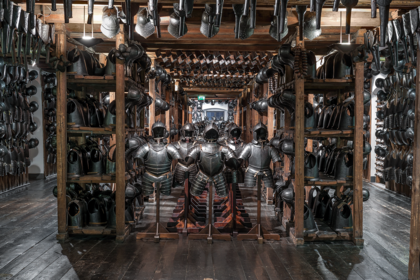
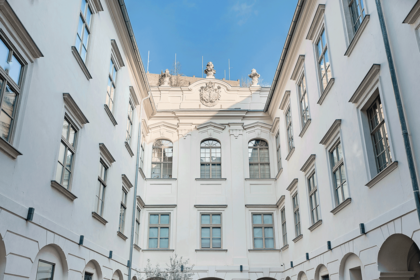
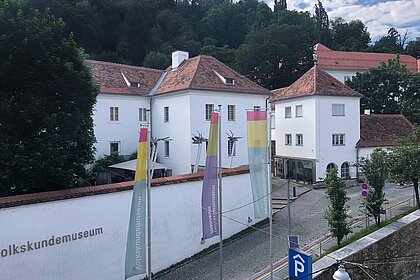
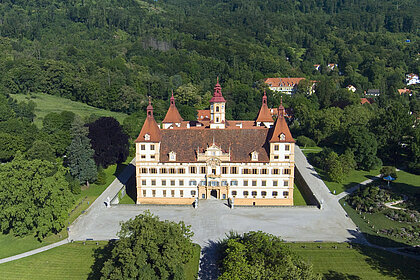
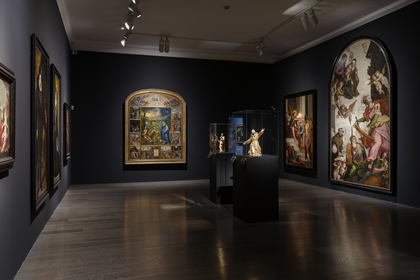
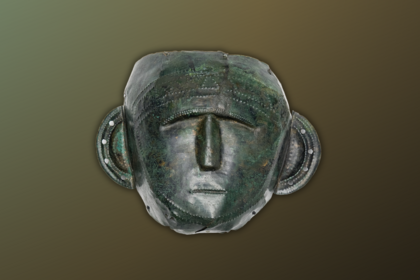
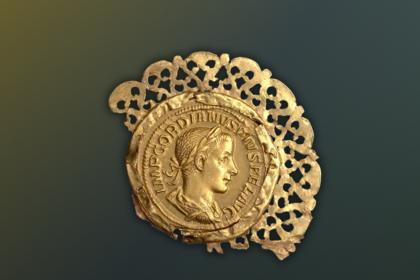
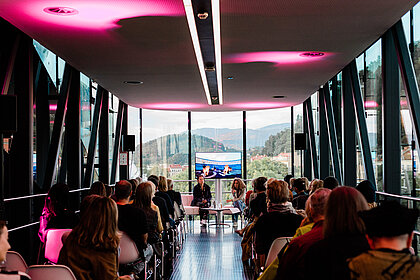
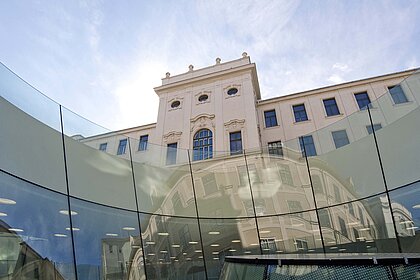
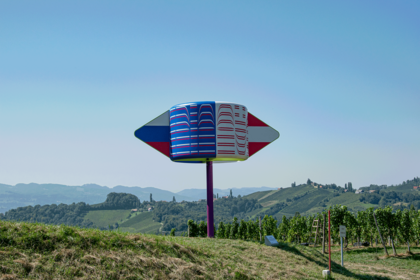
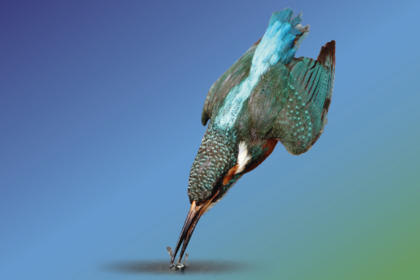

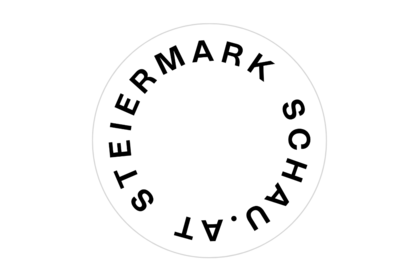
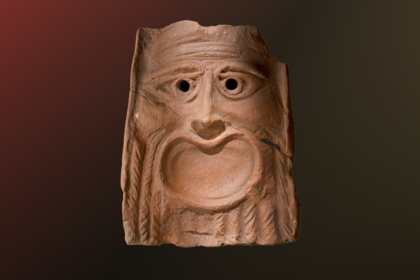
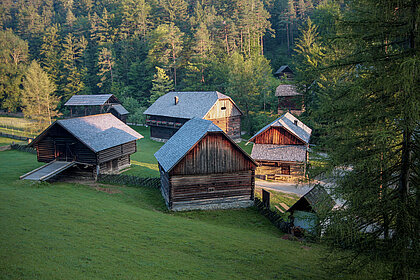
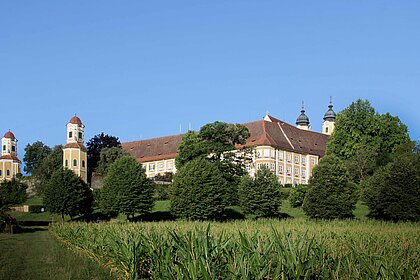
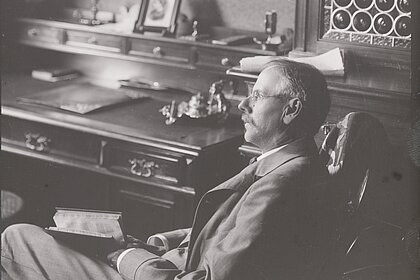
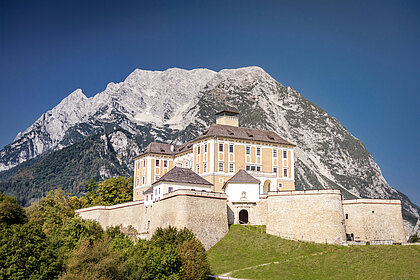
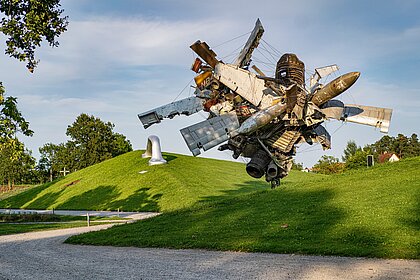
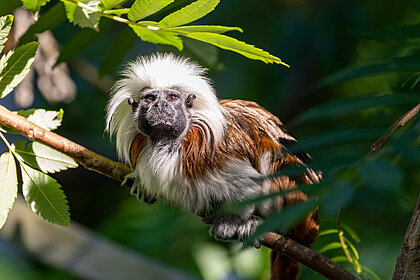
![Rosegger-Birthplace Alpl [Translate to English:] Ansicht Alpl Standort](/fileadmin/_processed_/3/2/csm_Rosegger_Alpl_2023_13_ac816d8dad.jpg)
![View of the permanent exhibition in Krieglach [Translate to English:] Ansicht Dauerausstellung Krieglach](/fileadmin/_processed_/7/d/csm_Krieglach_Dauerausstellung_2023_02_952b319878.jpg)
![Rosegger-Birthplace Alpl [Translate to English:] Ansicht Alpl Standort](/fileadmin/_processed_/e/a/csm_Rosegger_Alpl_2023_30_ba41973c72.jpg)
![Rosegger-Birthplace Alpl [Translate to English:] Ansicht Alpl Standort](/fileadmin/_processed_/1/9/csm_Rosegger_Alpl_2023_28_eef133fb42.jpg)
![Rosegger-Birthplace Alpl [Translate to English:] Ansicht Alpl Standort](/fileadmin/_processed_/d/1/csm_Rosegger_Alpl_2023_12_3c83d44597.jpg)
![Rosegger-Birthplace Alpl [Translate to English:] Ansicht Alpl Standort](/fileadmin/_processed_/e/a/csm_Rosegger_Alpl_2023_30_b20e76a689.jpg)
![Rosegger-Birthplace Alpl [Translate to English:] Ansicht Alpl Standort](/fileadmin/_processed_/3/1/csm_Rosegger_Alpl_2023_09_1ef686faa0.jpg)
![Rosegger-Birthplace Alpl [Translate to English:] Ansicht Alpl Standort](/fileadmin/_processed_/7/c/csm_Rosegger_Alpl_2023_14_d695234a0b.jpg)
![Rosegger-Birthplace Alpl [Translate to English:] Ansicht Alpl Standort](/fileadmin/_processed_/e/2/csm_Rosegger_Alpl_2023_04_ee197d15ce.jpg)
![Rosegger-Birthplace Alpl [Translate to English:] Ansicht Alpl Standort](/fileadmin/_processed_/f/7/csm_Rosegger_Alpl_2023_05_79eeaf7ec0.jpg)
![Rosegger-Birthplace Alpl [Translate to English:] Ansicht Alpl Standort](/fileadmin/_processed_/f/e/csm_Rosegger_Alpl_2023_07_8270fa24a1.jpg)
![Rosegger-Museum in Krieglach [Translate to English:] Ansicht Standort Krieglach](/fileadmin/_processed_/4/0/csm_Krieglach_Standort_2023_19_e4ef4e066b.jpg)
![Location Rosegger-Museum in Krieglach [Translate to English:] Ansicht Standort Krieglach](/fileadmin/_processed_/b/b/csm_Krieglach_Standort_2023_01_8b90f8b4ee.jpg)
![Location Rosegger-Museum in Krieglach [Translate to English:] Ansicht Standort Krieglach](/fileadmin/_processed_/7/d/csm_Krieglach_Standort_2023_10_886df56074.jpg)
![Rosegger-Museum in Krieglach [Translate to English:] Ansicht Standort Krieglach](/fileadmin/_processed_/9/9/csm_Krieglach_Standort_2023_27_b59ba60a62.jpg)
![Rosegger-Museum in Krieglach [Translate to English:] Ansicht Standort Krieglach](/fileadmin/_processed_/b/9/csm_Krieglach_Standort_2023_24_e35648126a.jpg)
![Rosegger-Museum in Krieglach [Translate to English:] Ansicht Standort Krieglach](/fileadmin/_processed_/5/9/csm_Krieglach_Standort_2023_26_d66f0c60cf.jpg)
![Rosegger-Museum in Krieglach [Translate to English:] Ansicht Standort Krieglach](/fileadmin/_processed_/f/3/csm_Krieglach_Standort_2023_31_7c4086c8a4.jpg)
![Rosegger-Museum in Krieglach [Translate to English:] Ansicht Standort Krieglach](/fileadmin/_processed_/7/c/csm_Krieglach_Standort_2023_35_e57f1ccda5.jpg)